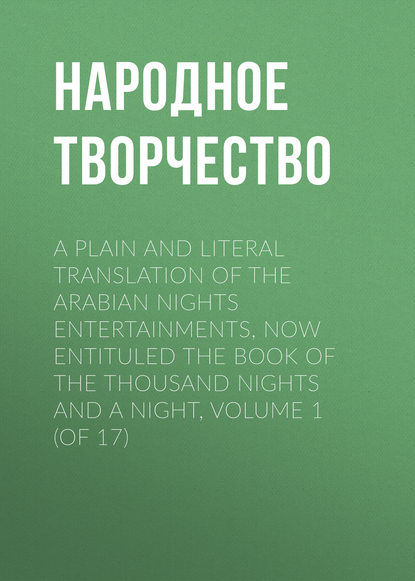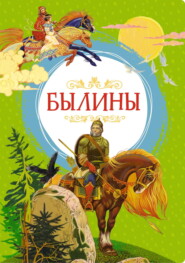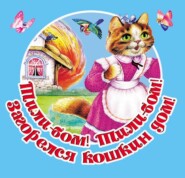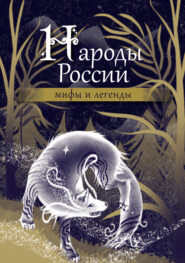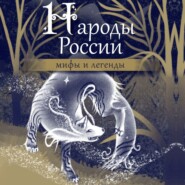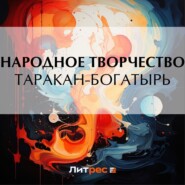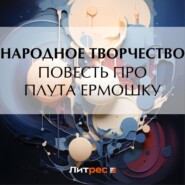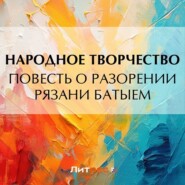По всем вопросам обращайтесь на: info@litportal.ru
(©) 2003-2024.
✖
A plain and literal translation of the Arabian nights entertainments, now entituled The Book of the Thousand Nights and a Night, Volume 1 (of 17)
Настройки чтения
Размер шрифта
Высота строк
Поля
141
From Oman=Eastern Arabia.
142
Arab. "Tamar Hanná" lit. date of Henna, but applied to the flower of the eastern privet (Lawsonia inermis) which has the sweet scent of freshly mown hay. The use of Henna as a dye is known even in England. The "myrtle" alluded to may either have been for a perfume (as it is held an anti-intoxicant) or for eating, the bitter aromatic berries of the "Ás" being supposed to flavour wine and especially Raki (raw brandy).
143
Lane. (i. 211) pleasantly remarks, "A list of these sweets is given in my original, but I have thought it better to omit the names" (!) Dozy does not shirk his duty, but he is not much more satisfactory in explaining words interesting to students because they are unfound in dictionaries and forgotten by the people "Akrás" (cakes) Laymuníyah (of limes) wa "Maymuníyah" appears in the Bresl. Edit. as "Ma'amuniyah" which may mean "Ma'amun's cakes" or "delectable cakes." "Amshát"=(combs) perhaps refers to a fine kind of Kunáfah (vermicelli) known in Egypt and Syria as "Ghazl al-banát"=girl's spinning.
144
The new moon carefully looked for by all Moslems because it begins the Ramazán-fast.
145
Solomon's signet ring has before been noticed.
146
The "high-bosomed" damsel, with breasts firm as a cube, is a favourite with Arab tale-tellers. Fanno baruffa is the Italian term for hard breasts pointing outwards.
147
A large hollow navel is looked upon not only as a beauty, but in children it is held a promise of good growth.
148
Arab. "Ka'ah," a high hall opening upon the central court: we shall find the word used for a mansion, barrack, men's quarters, etc.
149
Babel=Gate of God (El), or Gate of Ilu (P.N. of God), which the Jews ironically interpreted "Confusion." The tradition of Babylonia being the very centre of witchcraft and enchantment by means of its Seven Deadly Spirits, has survived in Al-Islam; the two fallen angels (whose names will occur) being confined in a well; Nimrod attempting to reach Heaven from the Tower in a magical car drawn by monstrous birds and so forth. See p. 114, Francois Lenormant's "Chaldean Magic," London, Bagsters.
150
Arab. "Kámat Alfiyyah"=like the letter Alif, a straight perpendicular stroke. In the Egyptian hieroglyphs, the origin of every alphabet (not syllabarium) known to man, one form was a flag or leaf of water-plant standing upright. Hence probably the Arabic Alif-shape; while other nations preferred other modifications of the letter (ox's head, etc.), which in Egyptian number some thirty-six varieties, simple and compound.
151
I have not attempted to order this marvellous confusion of metaphors so characteristic of The Nights and the exigencies of Al-Saj'a=rhymed prose.
152
Here and elsewhere I omit the "kála (dice Turpino)" of the original: Torrens preserves "Thus goes the tale" (which it only interrupts). This is simply letter-wise and sense-foolish.
153
Of this worthy more at a future time.
154
i. e., sealed with the Kazi or legal authority's seal of office.
155
"Nothing for nothing" is a fixed idea with the Eastern woman: not so much for greed as for a sexual point d'honneur when dealing with the adversary – man.
156
She drinks first, the custom of the universal East, to show that the wine she had bought was unpoisoned. Easterns, who utterly ignore the "social glass" of Western civilisation, drink honestly to get drunk; and, when far gone are addicted to horseplay (in Pers. "Badmasti"=le vin mauvais) which leads to quarrels and bloodshed. Hence it is held highly irreverent to assert of patriarchs, prophets and saints that they "drank wine;" and Moslems agree with our "Teatotallers" in denying that, except in the case of Noah, inebriatives are anywhere mentioned in Holy Writ.
157
Arab. "Húr al-Ayn," lit. (maids) with eyes of lively white and black, applied to the virgins of Paradise who will wive with the happy Faithful. I retain our vulgar "Houri," warning the reader that it is a masc. for a fem. ("Huríyah") in Arab, although accepted in Persian, a genderless speech.
158
Arab. "Zambúr," whose head is amputated in female circumcision. See Night cccclxxiv.
159
Ocymum basilicum noticed in Introduction; the bassilico of Boccaccio iv. 5. The Book of Kalilah and Dimnah represents it as "sprouting with something also whose smell is foul and disgusting and the sower at once sets to gather it and burn it with fire." (The Fables of Bidpai translated from the later Syriac version by I. G. N. Keith-Falconer, etc., etc., etc., Cambridge University Press, 1885). Here, however, Habk is a pennyroyal (mentha puligium), and probably alludes to the pecten.
160
i. e. common property for all to beat.
161
"A digit of the moon" is the Hindú equivalent.
162
Better known to us as Caravanserai, the "Travellers' Bungalow" of India: in the Khan, however, shelter is to be had, but neither bed nor board.
163
Arab. "Zubb." I would again note that this and its synonyms are the equivalents of the Arabic, which is of the lowest. The tale-teller's evident object is to accentuate the contrast with the tragical stories to follow.
164
"In the name of Allah," is here a civil form of dismissal.
165
Lane (i. 124) is scandalized and naturally enough by this scene, which is the only blot in an admirable tale admirably told. Yet even here the grossness is but little more pronounced than what we find in our old drama (e. g., Shakspeare's King Henry V.) written for the stage, whereas tales like The Nights are not read or recited before both sexes. Lastly "nothing follows all this palming work: " in Europe the orgie would end very differently. These "nuns of Theleme" are physically pure: their debauchery is of the mind, not the body. Galland makes them five, including the two doggesses.





